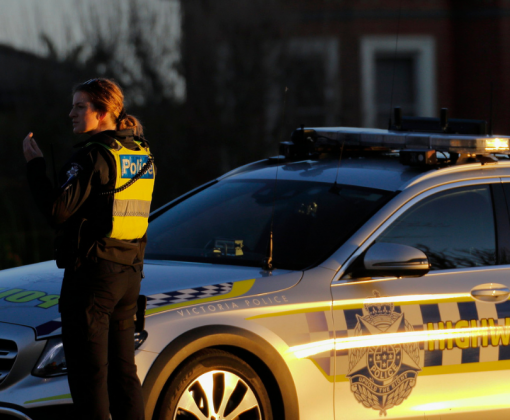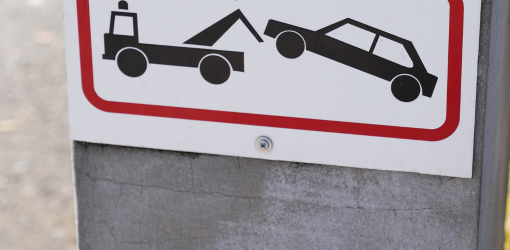Free Legal Advice 24/7
In 2006, anti-hoon laws were introduced to tackle dangerous and reckless driving on Victorian roads.
These laws empowered the police to impound, immobilise, or forfeit vehicles driven in ways that put public safety at risk.
While initially used sparingly, these powers became more stringent with the introduction of the Road Safety Amendment (Hoon Driving) Act 2010.
As of July 1, 2011, the legislation became more rigid, with the Victorian Police establishing a dedicated impoundment division to enforce these laws more effectively.
Under section 84F(1) of the Road Safety Act 1986, police can impound or immobilise your vehicle if they have a reasonable belief that you have committed a “relevant offence” (also referred to as a ‘hoon offence’).
The duration of impoundment is up to 30 days, a significant increase from the previous 48-hour period. Importantly, the ownership of the vehicle does not matter; even if you are not the driver, your vehicle may still be seized.
Once seized, your vehicle may be moved to a holding yard and either impounded or immobilised. Immobilisation could involve measures like wheel clamps or steering wheel locks.
These actions are executed in accordance with sections 84G and 84H of the Road Safety Act.
Yes, you can appeal the decision to impound or immobilise your vehicle. Under section 84O, if you can show that impoundment causes exceptional hardship, a magistrate may allow the release of your vehicle before the designated period ends.
However, the appeal process requires specific steps, including providing 7 days’ notice to the Chief Commissioner of Police and proving that your hardship is substantial.
“Hoon driving” refers to dangerous driving and reckless driving, often endangering the public. Section 84F of the Road Safety Act gives police the authority to seize vehicles involved in such activities, based on their reasonable belief.

A variety of offences can lead to a vehicle being impounded or immobilised.
These include:
These offences can lead to immediate impoundment or even vehicle forfeiture in extreme cases.
For more information about these offences please see our other website publications on these specific offences.

If you plead guilty to a hoon offence, the prosecution may apply for further impoundment, immobilisation, or forfeiture of the vehicle. If you have prior hoon offences, this could result in your vehicle being seized for up to 3 months.
In certain circumstances, it is possible to resist a vehicle forfeiture application, even if the police have the right to request it. For instance, if your vehicle was stolen or if the exceptional hardship provision applies, you may have grounds to contest the application.
However, the legislation around vehicle forfeiture is complex, particularly when a driver has been disqualified or suspended from driving. Consulting an experienced traffic lawyer is crucial to understanding your options.

If your vehicle has been impounded or is at risk of forfeiture, seeking legal advice is essential. A lawyer can assess your situation, assist with the appeal process, and help you navigate the complex legislation involved.
Contact MK Law for more information on navigating this situation.

Testimonials
Navigating the anti-hoon laws can be challenging, and the consequences of having your vehicle impounded or forfeited can significantly impact your life. If you’ve had your vehicle seized or are facing an impoundment or forfeiture application, it’s vital to understand your rights and seek professional legal guidance.
At MK Law, we specialise in representing clients impacted by these laws.
Contact us today on 1800 130 120 to discuss how we can assist with your case and help you secure the best possible outcome.
Free Legal Advice 24/7
Call Anytime For Free Legal Advice 24/7
Top 5 firms by reputation dealing with traffic and criminal law matters.
Copyright ©2003-2024 MK Law. Privacy Policy